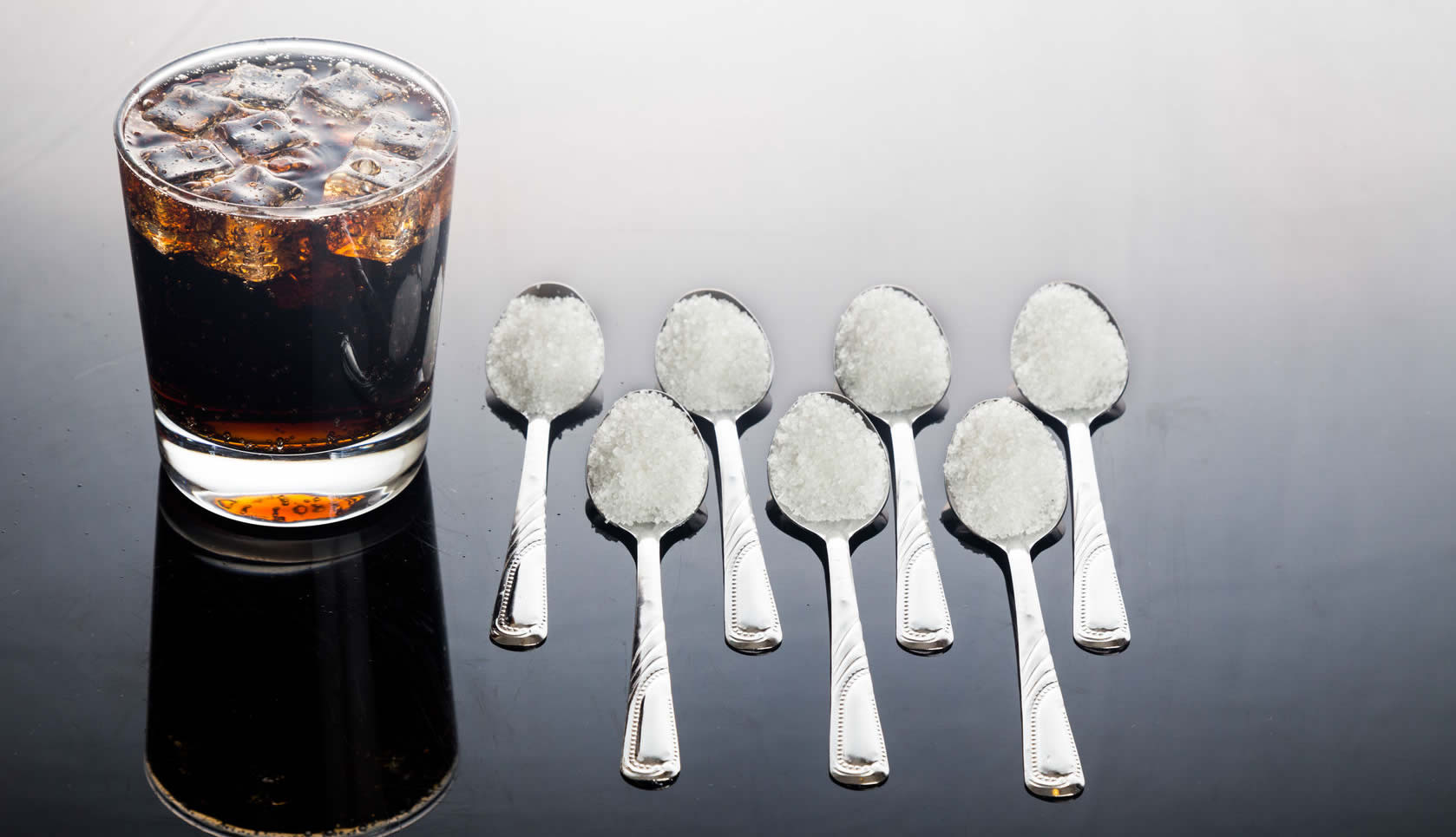This is a useful guide that recently appeared in the New York Times as to how to get the most out of your doctors appointments. Please let us know how we are doing.
Here’s a link from The New York Times that I thought you’d find interesting:
Going to the doctor is part of staying healthy (the other major parts are what you eat and how much you exercise). So you may as well get the most out of it. Here’s some advice from a doctor about what you should do.
A Doctor’s Guide to a Good Appointment Article



